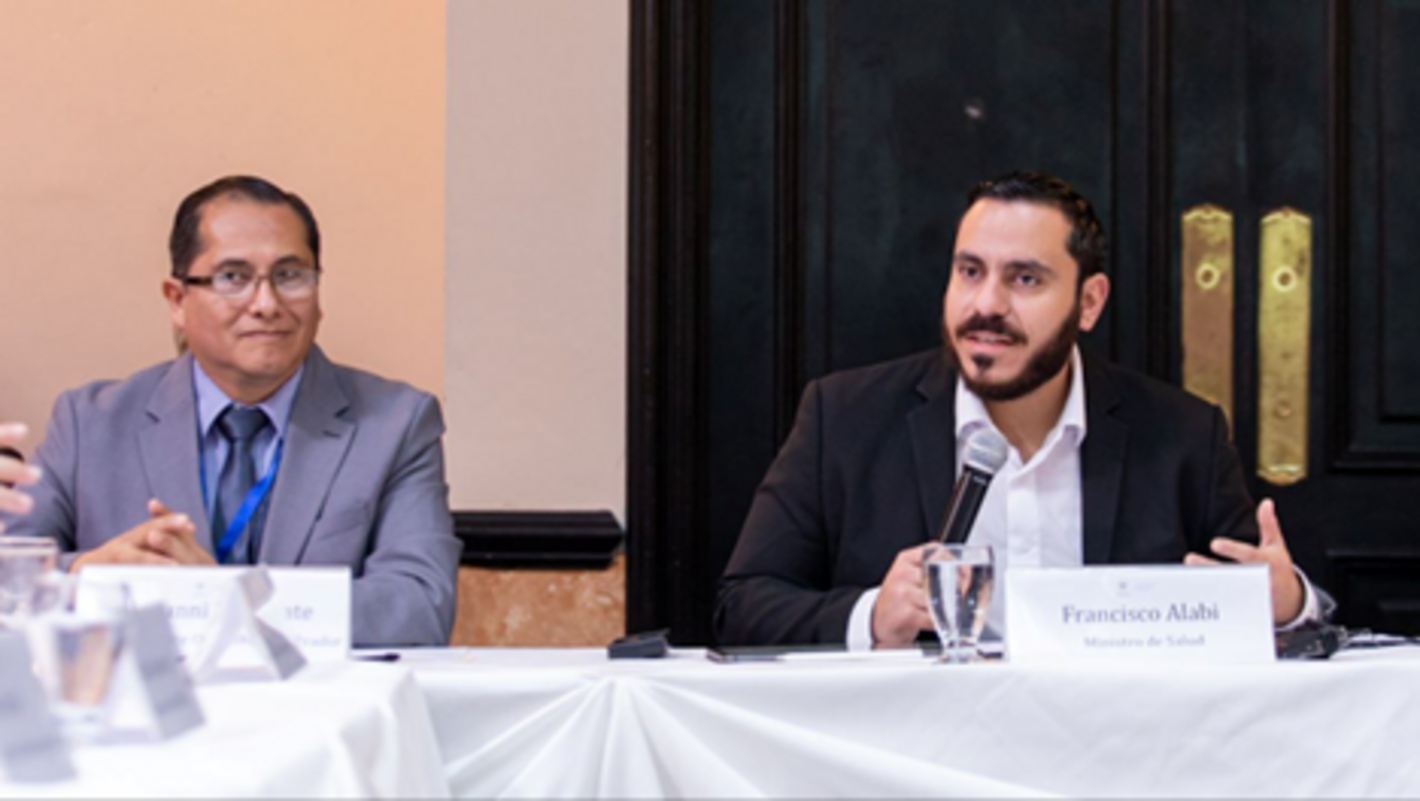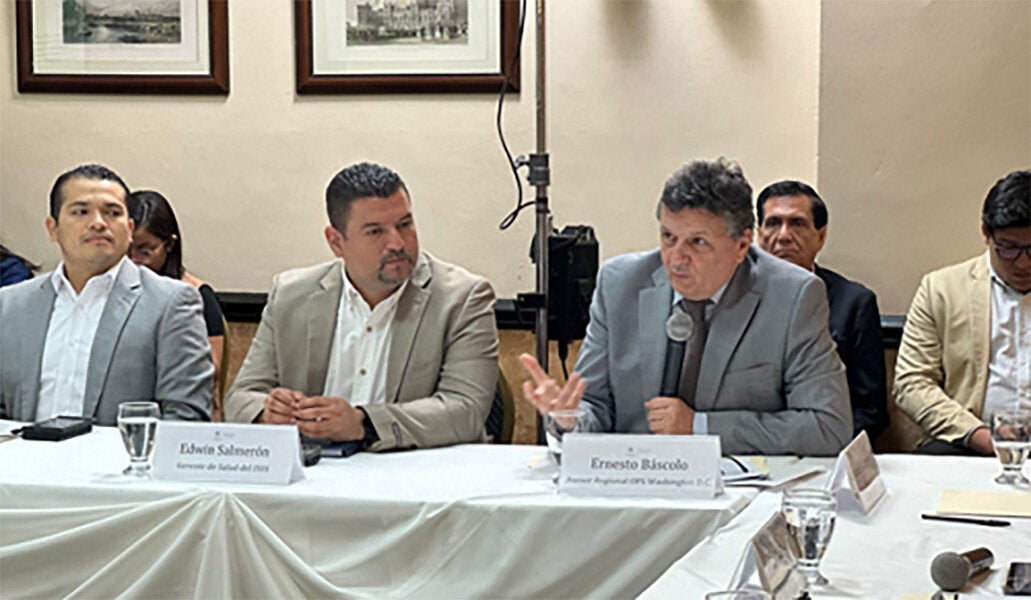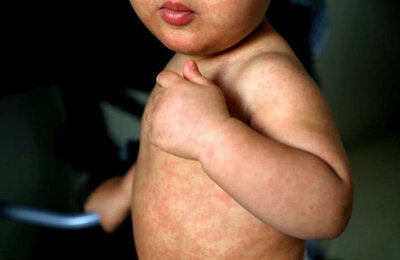
San Salvador, 9 June 2023 (PAHO/WHO) – The Pan American Health Organization (PAHO) and the Ministry of Health of El Salvador presented the Action Plan resulted from the process of evaluation and strengthening of the Essential Public Health Functions (EPHF). More than 100 technicians and experts representing 57 health sector institutions participated in the three phases of the process.
The presentation of the results was attended by Francisco Alabi, Minister of Health of El Salvador; Giovanni Escalante, PAHO/WHO representative in El Salvador; and Ernesto Báscolo, Chief of the Primary Health Care and Integrated Service Delivery Unit. During the event, the main findings were highlighted, and the specific recommendations and actions contained in the Action Plan were shared.
“It is a joy to see all the work we have achieved. We want to thank all the institutions for the effort and to PAHO for giving us the support that allows the National Integrated Health System to develop the essential functions to bring healthcare to the population," said Minister Alabi during the opening of the event. For his part, Escalante stressed that "this action plan will contribute to Universal Health, access and equity to the services of the National Integrated Health System."
Next, Báscolo highlighted the achievements and future challenges for El Salvador when referring to the results of the process. One of the most important challenges is the mobilization of efforts by the different sectors of the State and society to effectively address the needs identified in the EPHF exercise, led by the Ministry of Health. In addition, he highlighted the importance of linking the inputs of the process and the Action Plan with other policies of the health sector and other sectors of the State. This integration will enable a comprehensive and coordinated approach to address challenges and achieve significant results.
The Action Plan focuses on addressing 64 priority gaps by defining 73 objectives and 185 strategies designed to reduce these gaps. In addition, responsibilities, deadlines and allocation of resources are established to guarantee its successful implementation. Likewise, the Plan has a set of 175 follow-up indicators that will allow its progress and achievements to be evaluated.




